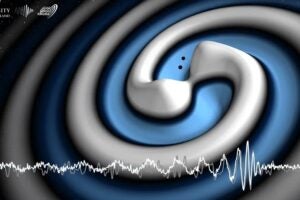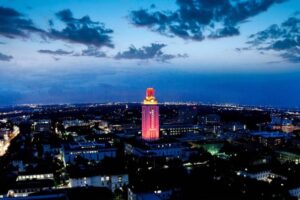Why can some people handle more alcohol than others?
Debora Orrick, coordinator of University Health Services Alcohol and Drug Education Program, said, “Students come to college and experience freedoms they never had before. They need and deserve information to make informed choices, as well as help and understanding when things go wrong. This anonymous program is designed to make it easy for anyone on campus to explore their use of, and attitudes toward, alcohol in a non-threatening, educational way.”
The 18 through 21 age range is the developmental period of heaviest alcohol consumption for most drinkers in the United States. Binge-drinking (drinking several drinks in one sitting) is the type of alcohol problem most often engaged in by this age range. In fact, a 1994 study found that 44 percent of college students reported binge-drinking at least once within two weeks of being surveyed. The dangers of binge-drinking can include property damage, disciplinary problems, poor academic performance, physical injury, illness and even death. The college component of National Alcohol Screening Day focuses on binge-drinking and alcohol poisoning, but also educates students about alcoholism and alcohol abuse.
University Health Services will provide educational and screening sites on both the West Mall and in the UHS Health Promotion Resource Center, SSB 1.106 throughout Thursday’s program. For more information, call 475-8252 from 8 a.m. to 5 p.m., Monday through Friday.
National Alcohol Screening Day is a program of the nonprofit National Mental Illness Screening Project (NMISP) in partnership with the National Institute on Alcohol Abuse and Alcoholism (NIAAA). The college component is funded in large part by a grant from the Robert Wood Johnson Foundation.



